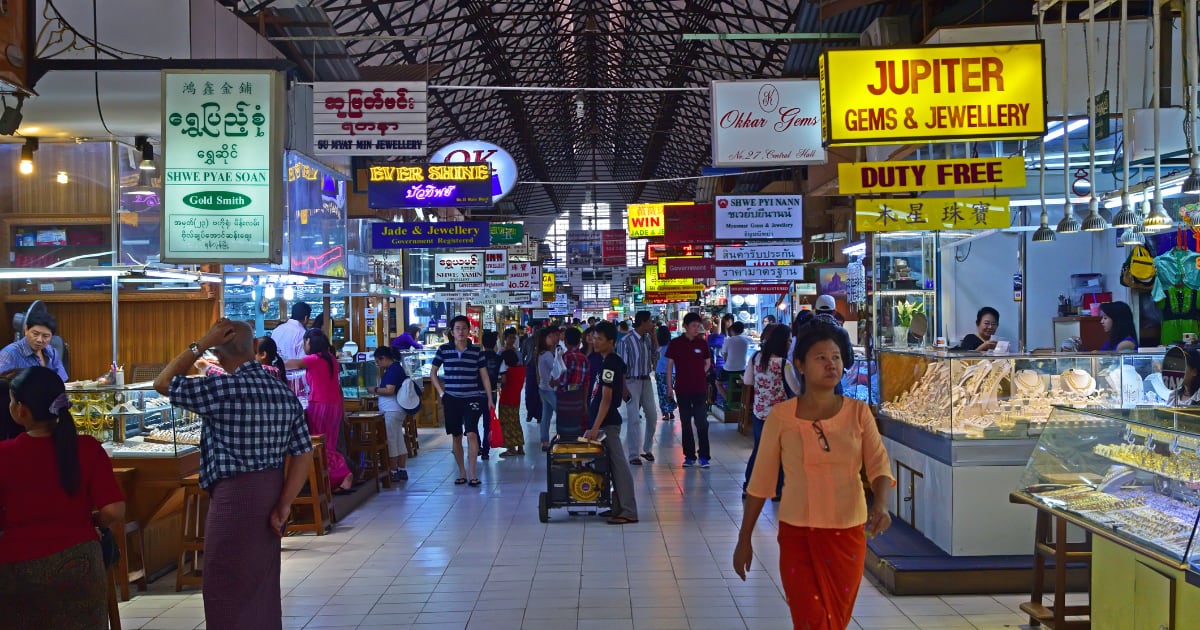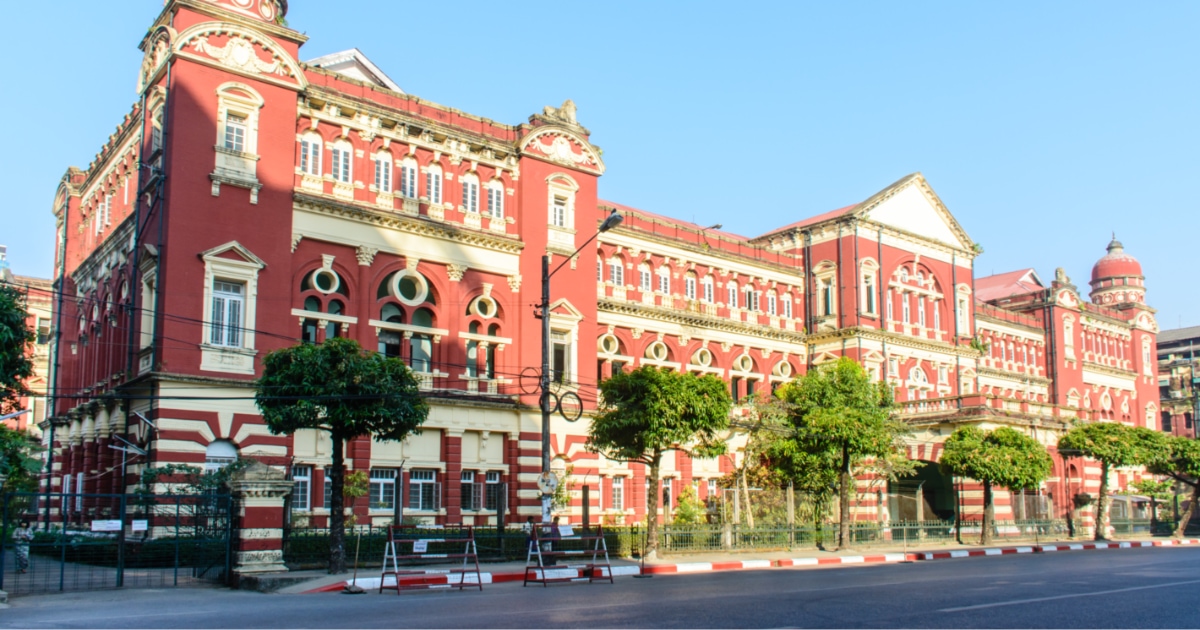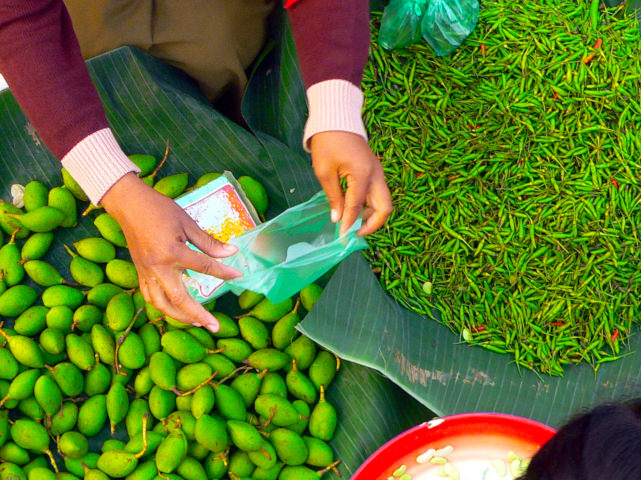Myanmar Highlights
September 2018
Download PDF | Download word version
A business sentiment survey conducted by the Union of Myanmar Federation of Chambers of Commerce and Industry (“UMFCCI”) has identified the principle challenges facing local businesses. Nearly 1,500 businesses from the services, manufacturing and trade sectors contributed to the survey. The survey found that despite economic growth over the past three years overall business sentiment has decreased by 5%. The survey identified 10 key causes for the decline in business sentiment. These are higher taxes and tariffs; restrictions in financing and banking; the depreciation of the Kyat; unstable economic rules and regulations; lack of market demand; delays in import and export procedures; increases in local costs and inflation; competition from foreign companies; a lack of skilled human resources; and poor infrastructure. The survey found that despite reforms made in the financial and banking sectors to date, the banking process is still outdated with poor human resources and services, while a majority of businesses still don’t fully understand the lending process. According to the survey, retailers welcomed the Government’s decision to allow foreign investors into the retail and wholesale market but were concerned that they wouldn’t be able to compete with them under current conditions. To be able to compete with foreign retailers, they have demanded that the Government abolish withholding tax, reform the license process and draft a new legislation specific to foreign investment in the retail and wholesale industry. Respondents from the industrial sector suggested the Government establish a department to promote exports which would impose proper regulations on exporters and take action against illegal traders who operate without paying tax to the Government. According to survey participants in the trade sector, poor infrastructure is a major challenge as it makes business time-consuming and raises consumer costs. The trade sector said illegal trade remained the biggest challenge with traders suggesting that the Government impose proper trading rules and regulations based on international or ASEAN standards
(Source: https://www.irrawaddy.com/business/ten-reasons-behind-myanmars-economic-slump.html; 30 August 2018)
Central Bank of Myanmar to permit foreign banks to provide import financing
The Central Bank of Myanmar (“CBM”) has announced it intends to further open up Myanmar’s financial services sector by permitting 13 foreign banks who currently hold banking licences (“Licenced Foreign Banks”) to provide import trade financing services. At present, Licenced Foreign Banks operating in Myanmar are only permitted to provide export trade financing services. However under the proposed new rules the CBM will allow Licenced Foreign Banks provide a wider range of trade financing services. It is hoped the measure will facilitate trade and help stabilize the price of imported products. The CBM also intends to allow importers open accounts at foreign banks. It is anticipated Licenced Foreign Banks will eventually be able to provide retail banking services, such as savings accounts and loans and will be allowed open branches in Myanmar and participate in the economy.
(Source: https://www.mmtimes.com/news/cbm-will-permit-foreign-banks-provide-import-trade-financing.html; 1 August 2018)
Ministry of Electricity and Energy permits EDF’s Shweli-3 Hydropower Project to proceed
The Ministry of Electricity and Energy (“MOEE”) has issued a Notice to Proceed (“Notice”) in respect to the Shweli-3 hydropower project on the Shweli River, near the town of Moemeik in northern Shan State (“Shweli-3 Project”). The Notice was signed by the MOEE and officials from France-based Électricité de France S.A (“EDF”), Marubeni Corporation and Myanmar Ayeyar Hinthar Company (“Myanmar Ayeyar Hinthar”). EDF and Myanmar Ayeyar Hinthar are continuing to negotiate with other Myanmar Government ministries in respect to obtaining additional required project approvals. The Shweli Power Project will be developed according to the terms of the Paris Agreement. The Paris Agreement is an agreement within the United Nations Framework Convention on Climate Change, dealing with greenhouse-gas emissions mitigation, adaptation, and finance beginning in 2020. According to the Notice, the Shweli-3 Project should be developed in accordance with Myanmar law and should not have an adverse impact on local traditions and culture. The Shweli-3 Project involves the phased construction of a dam on the Shweli River and will have the capacity to produce 671 megawatts of power, enough to supply electricity to approximately 60,000 households.
(Source: https://www.mmtimes.com/news/shan-statehydropower-project-permitted-proceed.html; 10 September 2018)
Parami Energy to distribute LPG in Myanmar under its own brand name
Myanmar’s Parami Energy Group (“Parami Energy”), will distribute liquefied petroleum gas (“LPG”) in Myanmar under its own brand name. Parami Energy is one of two Myanmar firms permitted by the Government to import and sell LPG in Myanmar, commenced wholesale distribution of LPG after winning the tender to lease the state-owned Thanlyin gas refinery in 2017. Myanmar does not have the infrastructure needed to produce its own LPG. Myanmar imports approximately 5,000 – 7,000 tonnes of LPG per annum, enough to supply approximately 5% of the total number of households in Myanmar. A significant proportion of imported LPG is now utilized for commercial purposes, such as in hotels, restaurants, and factories. However LPG utilisation in Myanmar remains the lowest in ASEAN. At present Parami Energy supplies LPG to 150,000 out of Myanmar’s estimated 10 million households and aims to supply 2 million households by 2020. Elite Petrochemical Company Limited (“Elite Petrochemical”) is the only other company licenced to import and sell LPG in Myanmar. Elite Petrochemical operates an LPG terminal at the Thilawa Special Economic Zone. The terminal, which opened in May 2018, was the first private sector-led LPG investment project in Myanmar.
(Source: https://www.mmtimes.com/news/paramienergy-distribute-lpg-under-its-own-brand.html; 11 September 2018)
Myanmar signs US$80 million loan agreement with Asian Development Bank for Greater Mekong Sub-region Corridor Towns Development Project
The Ministry of Construction has entered into a US$80 million loan agreement with the Asian Development Bank (“ADB”) to finance the development towns along the east-west economic corridor in the Greater Mekong Sub-region. According to Union Minister for Construction Han Zaw, the project would be implemented with loan assistance from the ADB with the aim of ensuring urban development and to develop the essential infrastructure necessary for the provision of safe drinking water, and effective waste management. Projects will be implemented in Mawlamyine in Mon State and Hpa-an and Myawady in Kayin State as part of the GMS Corridor Towns Development Project a capacity building programmes aimed at empowering transformations in clean technology, energy access, climate resilience, and sustainable forests in developing and middle income countries.
(Source: http://www.elevenmyanmar.com/business/15072 ; 15 September 2018)
ASX-listed Myanmar Metals Limited finalises scoping study at Bawdwin mine re-development project
ASX-listed Myanmar Metals Limited (“Myanmar Metals”) has announced it has completed a scoping study based on the indicated and inferred resources from the ‘China Lode’ (or ‘China Pit’) of the Bawdwin lead-zinc project in Myanmar (“Scoping Study”). The Scoping Study was prepared by CSA Global Pty Ltd (“CSA Global”) with input from Myanmar Metals and other industry consultants. The China Pit is a 13 year ‘starter pit’ for the Bawdwin project that funds life-of-mine infrastructure while consuming only 26% of the current indicated and inferred mineral resources. The Scoping Study indicates the potential to develop a low cost open pit mining operation in an accelerated time frame, with rapid payback of the life-of-mine infrastructure for future open-pit and underground mining operations. The operating parameters and economic estimates detailed in the Scoping Study are representative of a 100% interest in the Bawdwin Project. Myanmar Metals has a 51% participating interest in the Bawdwin Project, held through a contractual joint venture. The Scoping Study is a preliminary technical and economic study based on low level technical and economic assessments that are not sufficient to support the estimation of Ore Reserves. Further evaluation work and appropriate studies are required before Myanmar Metals will be able to estimate any Ore Reserves or provide any assurance of an economic development. The JORC-compliant Mineral Resource estimate announced on 2 July 2018 forms the basis for the Scoping Study.
(Source: http://www.miningweekly.com/article/myanmar-unveils-bawdwin-starter-pit-scoping-study-2018-09-14; 14 September 2018)
This newsletter is for information purposes only. Its contents do not constitute legal advice and it should not be regarded as a substitute for detailed advice in individual cases.
Transmission of this information is not intended to create and receipt does not constitute a lawyer-client relationship between Charltons and the user or browser.
Charltons is not responsible for any third party content which can be accessed through the website.
If you do not wish to receive this newsletter please let us know by emailing us at unsubscribe@charltonslaw.com








